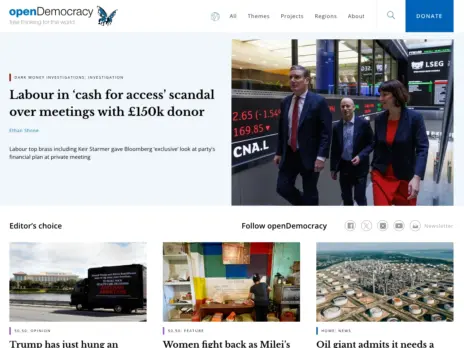
Newspaper lawyers were once able to make a crude calculation before deciding whether or not to a publish a potentially libellous statement. Could the person referred to afford to sue? If not, then the huge cost of a High Court action was considered ample deterrent to a possible action.
All that changed in the early years of this century when no-win, no-fee deals spread from personal injury claims to the libel arena.
These Conditional Fee Agreements mean libel lawyers will take any case, free of charge, if they think they have a reasonable chance of success, because the rules now allow them to charge the losing side up to double their normal fees as a success bonus. This uplift is designed to compensate them for risk of failure.
News organisations now argue that the pendulum has swung too far the other way and that the CFA system allows claimant lawyers to hold them to ransom.
Last week, the Government announced it was holding a wholesale review of CFAs – a move that has been welcomed by news organisations, many of whom have, in the past, been forced into libel payouts for purely pragmatic reasons because of the huge cost of defending actions.
If they fight libel cases, they face the risk of a costs bill of perhaps in excess of £1m if they lose. And if they win, they may have to pay their own costs, because poorer claimants cannot afford to pay them.
This was the case in August 2003 when the Mail on Sunday was left with a bill for £500,000 after defeating a libel case brought by two soldiers accused of having an affair who filed for bankruptcy when they lost.
Libel expert David Hooper, a partner at Reynolds Porter Chamberlain, said: ‘The thing has got completely out of control – defendants are being asked to pay £800 to £1,000 an hour for work which is a long way short of rocket science.
‘Most people who take out CFAs are of limited means – so if you [the defendent] win a case, you won’t even get your money back. They take out after-the-event insurance, but when you read the policy you often find it’s got more holes in it than a gruyère cheese.
‘There is a balance to be struck – you can’t have a libel system that is just for the rich. But the Ministry of Justice needs to take this system by the scruff of the neck and look at graduating the level of success fee charged depending on the level of risk.”
Director of the Society of Editors Bob Satchwell said: ‘CFAs have a clear effect on journalism, and investigative journalism in particular. What’s more, there are clearly cases which should be resisted but which are settled for commercial reasons because of the current system.
‘CFAs have become a lawyer’s Las Vegas where they keep hitting the jackpot. It is not justice, because it puts undue pressure on legitimate journalism.”
The Ministry of Justice consultation paper suggests two ways of reforming the system. The first is to do nothing, which it suggests could lead to more problems.
‘Doing nothing would retain the existing funding procedures with its complexities and increase legal challenges on costs issues,’it says.
‘This option might also minimise the use of CFAs and deny access to justice to people with genuine claims, thus hampering the development of CFAs as a preferred means of funding litigation.
‘Legal costs would continue to increase with defendants and liability insurers having to pay success fee and after-the-event premiums from the initial stage of a claim.”
The second option offers a new protocol to regulate the charging of success fees by claimant lawyers. It outlines a sliding scale of success fees from zero per cent to 75 per cent.
The cases in which a no-success fee will be charged include those in which the defendant makes an offer of amends under Section 2 of the Defamation Act 1996. That means they accept immediate liability, so the claimant lawyer is not incurring any risk.
Respond to the consultation before 31 October at www.tinyurl.com/3y536k
Email pged@pressgazette.co.uk to point out mistakes, provide story tips or send in a letter for publication on our "Letters Page" blog






